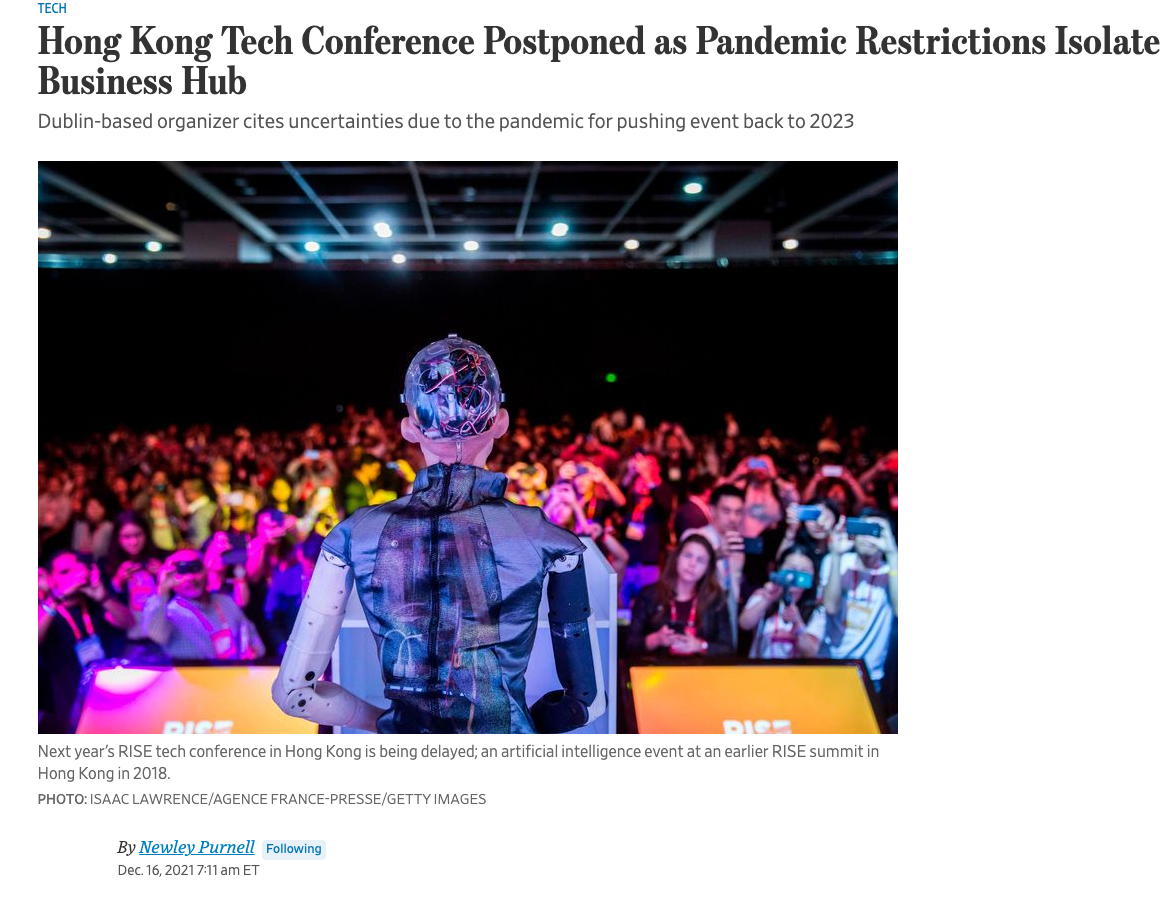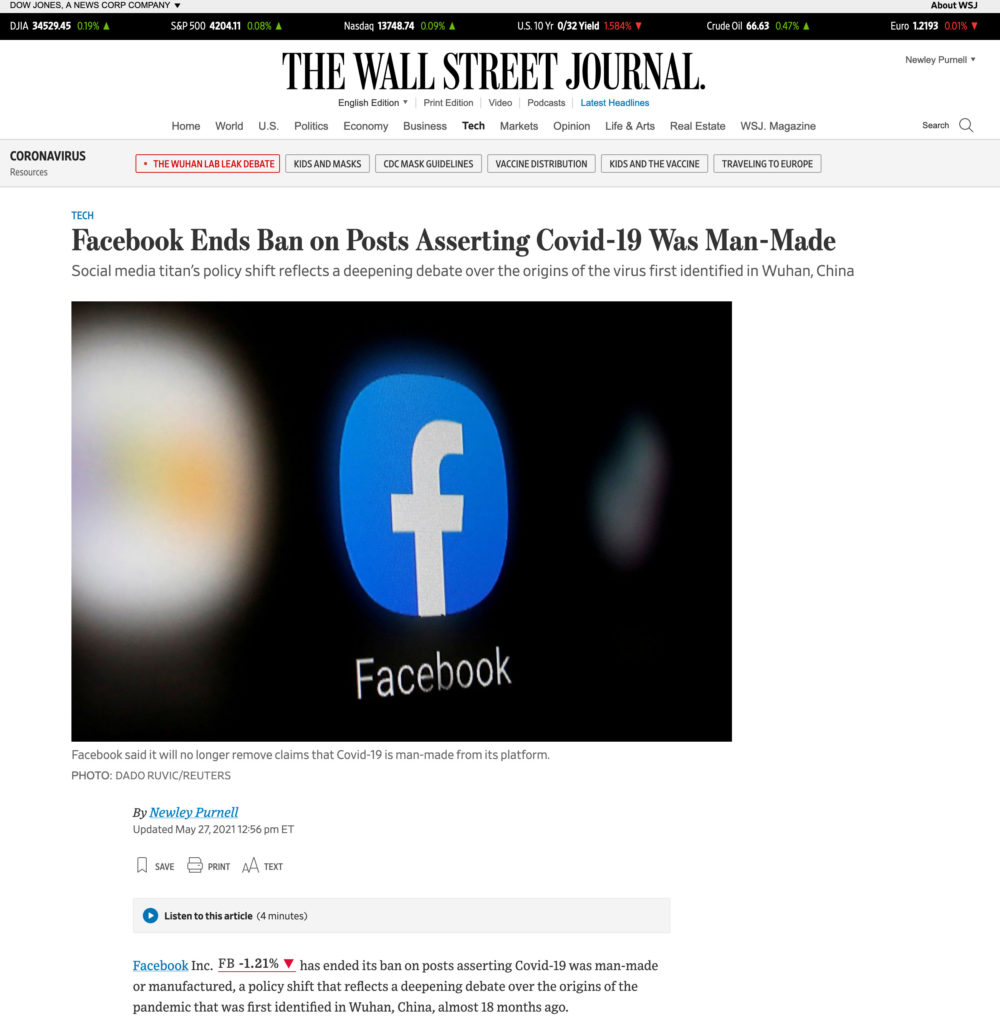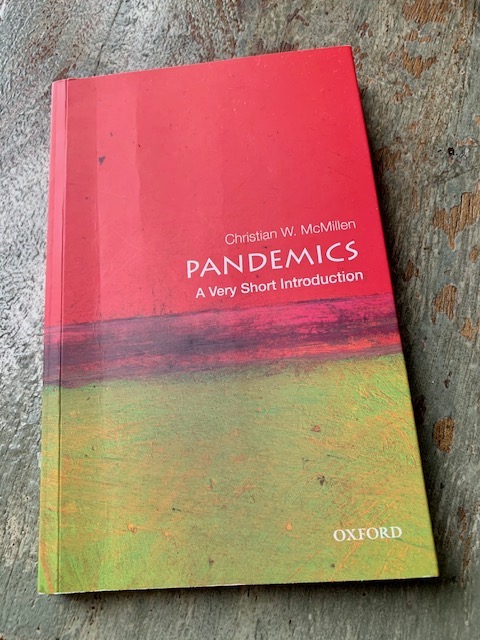That’s the headline on my newest story, out Friday. It begins:
HONG KONG—As Hong Kong officials were warning citizens to exercise caution after the city’s first Omicron cases emerged last week, senior civil servants joined dozens of other partygoers at a tapas restaurant Monday evening to celebrate the birthday of a China lawmaker.
Now some of them are in a government quarantine center after being classified as close contacts of a party guest who later tested positive for Covid-19. Among them are the city’s home affairs secretary, the director of immigration and some legislators.
Images of the event — held in honor of Witman Hung, a local representative to China’s national legislature — emerged shortly before tough new restrictions on nightlife and other venues across the city came into effect Friday, drawing angry comments from some residents on social media.
Hong Kong has some of the world’s strictest testing and quarantine regimens, and tough border controls had kept the city free of community cases for months. That bubble was punctured last week after an aircrew worker, who was later found to have Omicron, broke home quarantine conditions to eat lunch at a restaurant. Several other diners in the venue later tested positive, and health officials have warned that there are now invisible transmission chains in the city, although recorded cases of Covid-19 transmitted in the community have remained just a few.



